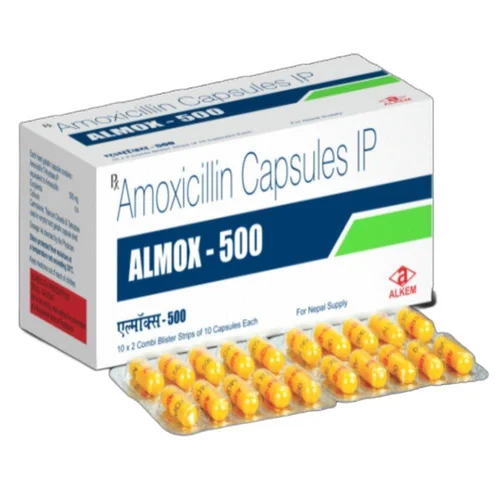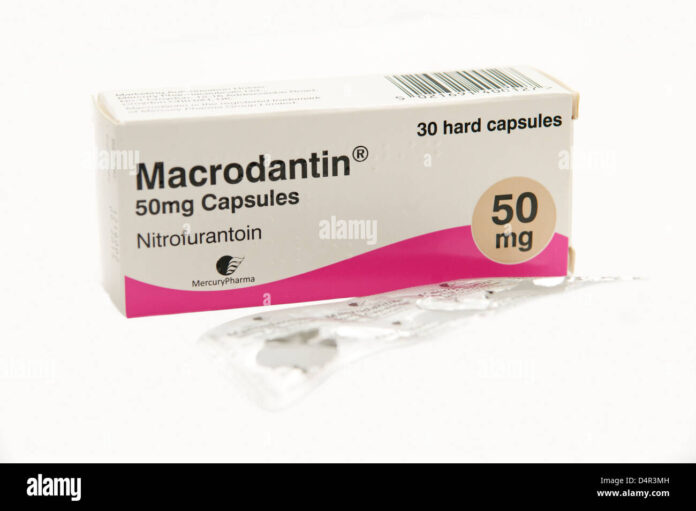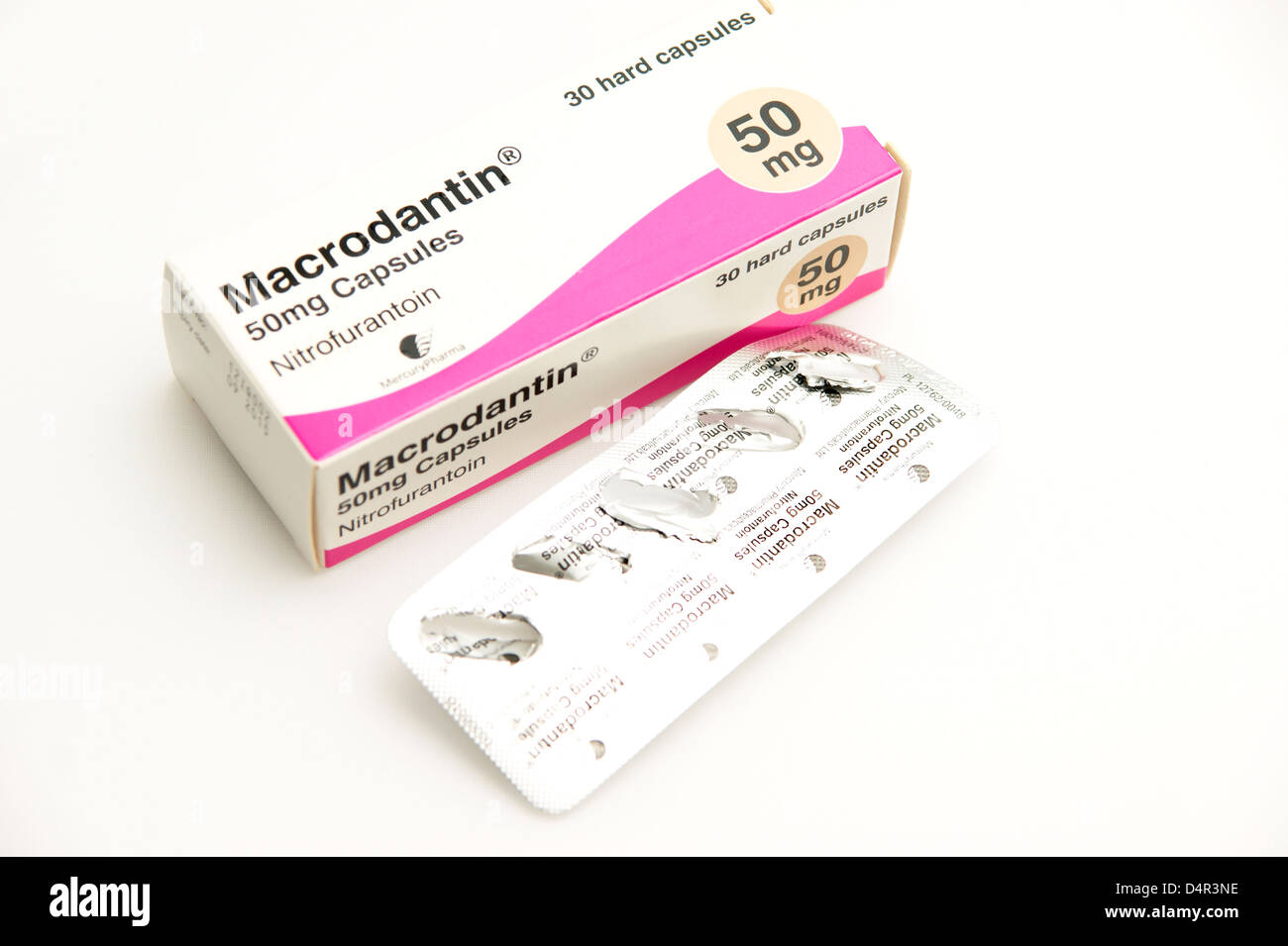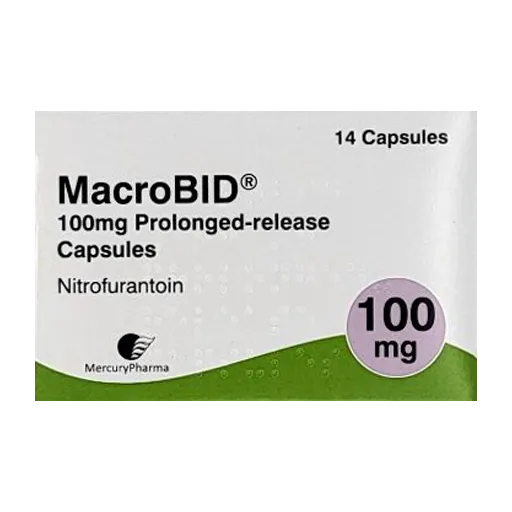Pepcid AC is an over-the-counter medication that contains the active ingredient famotidine. It is classified as an H2 blocker and is primarily used to relieve symptoms of heartburn, acid indigestion, and gastroesophageal reflux disease (GERD). Here’s an overview of the uses, benefits, common symptoms, and potential side effects of Pepcid AC tablets: Pepcid AC Tablet Uses Benefits and Symptoms Side Effects

Uses:
Pepcid AC tablets are used for the following conditions:
- Heartburn: Pepcid AC provides relief from the burning sensation in the chest or throat caused by excess stomach acid.
- Acid Indigestion: It helps alleviate discomfort and pain caused by hyperacidity in the stomach.
- Gastroesophageal Reflux Disease (GERD): Pepcid AC can be used to manage symptoms of GERD, including heartburn, acid regurgitation, and sour taste in the mouth.
Benefits:
Pepcid AC tablets provide several benefits for individuals with heartburn, acid indigestion, and GERD, including:
- Acid Reduction: Famotidine, the active ingredient in Pepcid AC, works by reducing the production of stomach acid, providing relief from acid-related symptoms.
- Long-Lasting Relief: Pepcid AC offers long-lasting relief, with effects lasting for up to 12 hours.
- On-Demand Use: Pepcid AC tablets can be taken as needed to relieve symptoms, making them convenient for occasional use.
Symptoms:
The symptoms that Pepcid AC tablets help alleviate are primarily related to heartburn, acid indigestion, and GERD. These symptoms may include:
- Burning sensation in the chest or throat (heartburn)
- Acid regurgitation
- Sour taste in the mouth
- Bloating
- Stomach discomfort
Side Effects:
Pepcid AC tablets are generally well-tolerated when used as directed, but they can cause side effects in some individuals. Common side effects may include:
- Headache
- Dizziness
- Constipation or diarrhea
- Nausea or vomiting
It’s important to note that this is not an exhaustive list of side effects,
and different individuals may experience different reactions. It’s important to read and follow the instructions on the product label and consult a healthcare professional if you have any concerns or questions about Pepcid AC tablets or their side effects. If you have specific medical conditions or are taking other medications, it’s advisable to consult a healthcare professional for personalized information based on your situation.
Pepcid AC medicine what is Pepcid AC drug Pepcid AC Tablet kya hai Pepcid AC Tablet in hindi Pepcid AC medicine what is Pepcid AC drug Pepcid AC Tablet kya hai Pepcid AC Tablet in hindi


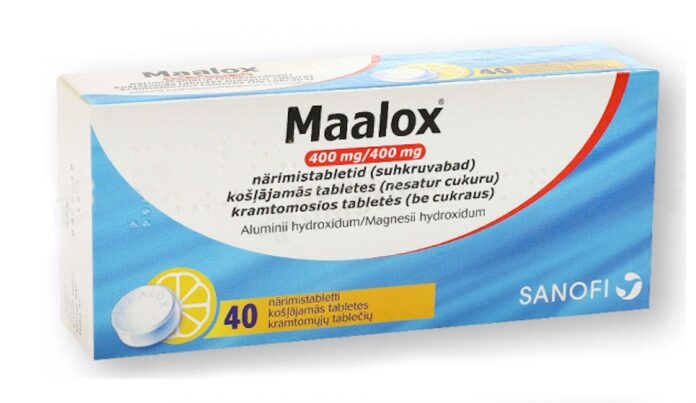
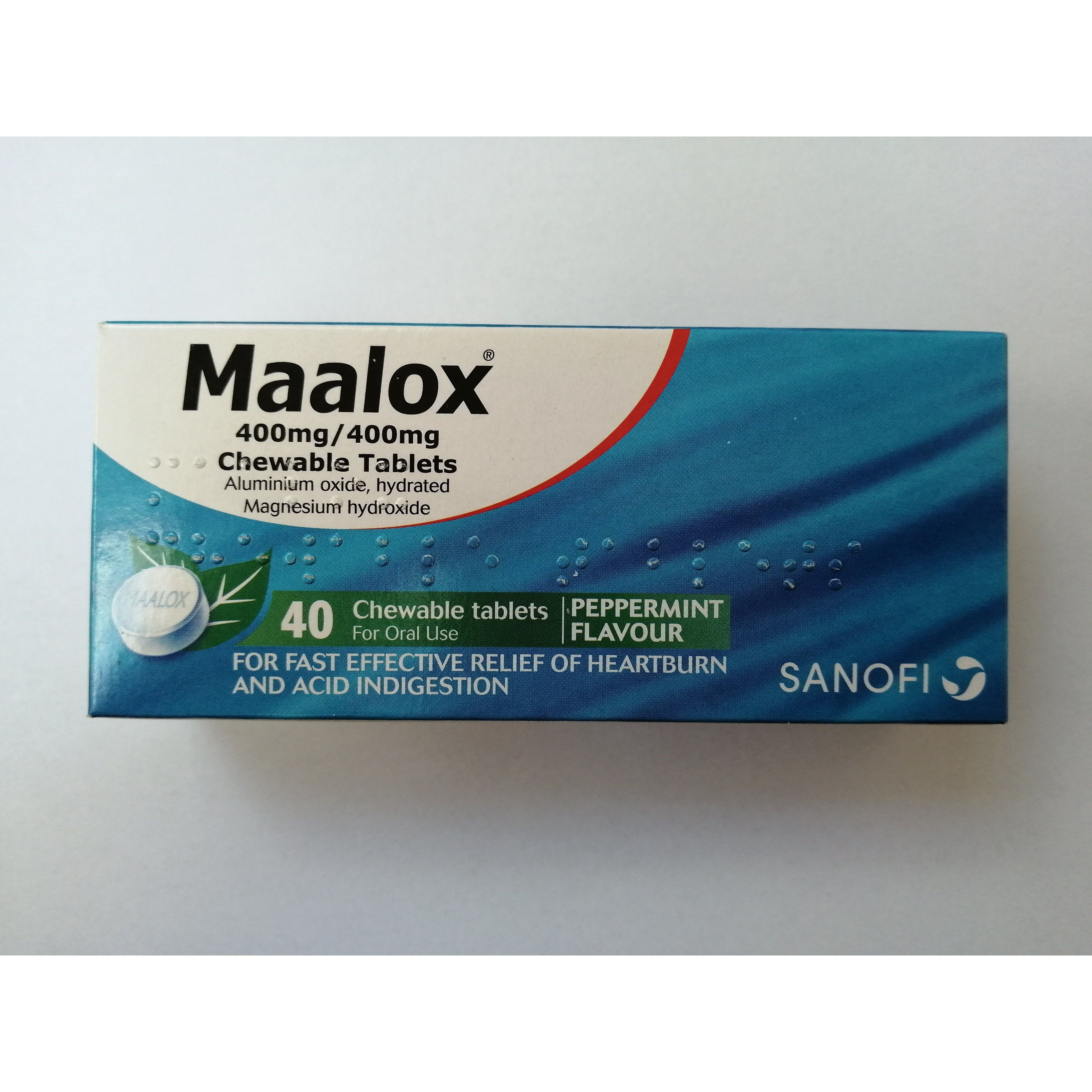
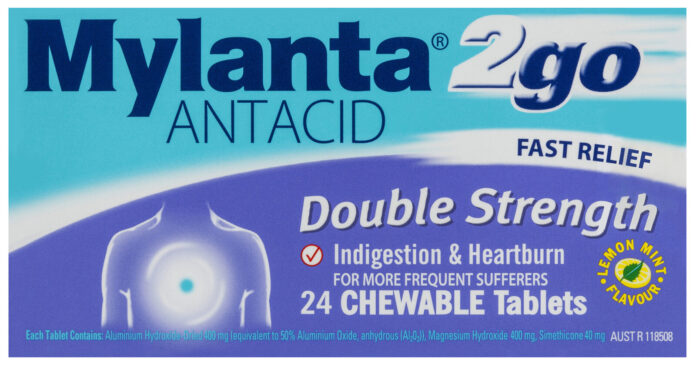
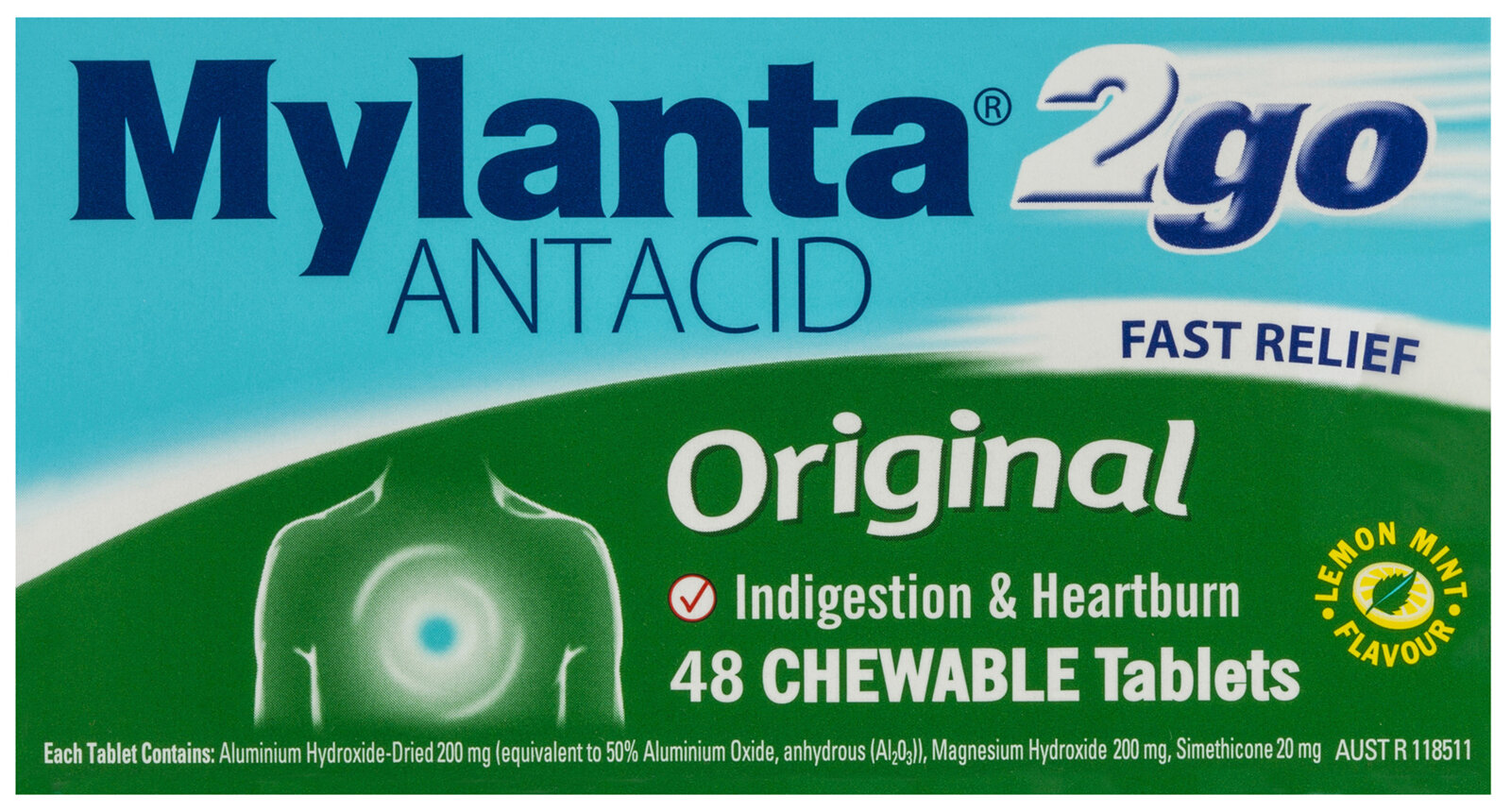
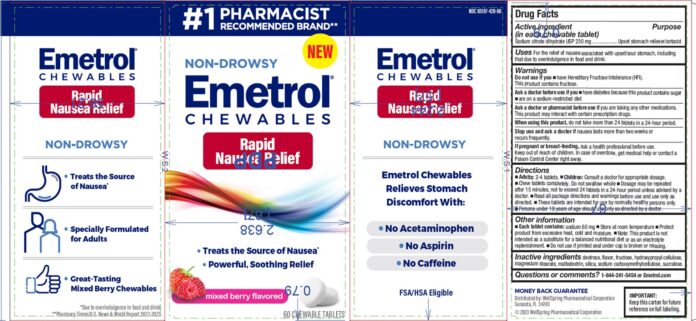


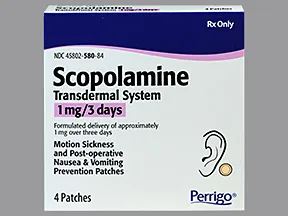



:max_bytes(150000):strip_icc()/penicillin-56a26f733df78cf77275aedb.jpg)
